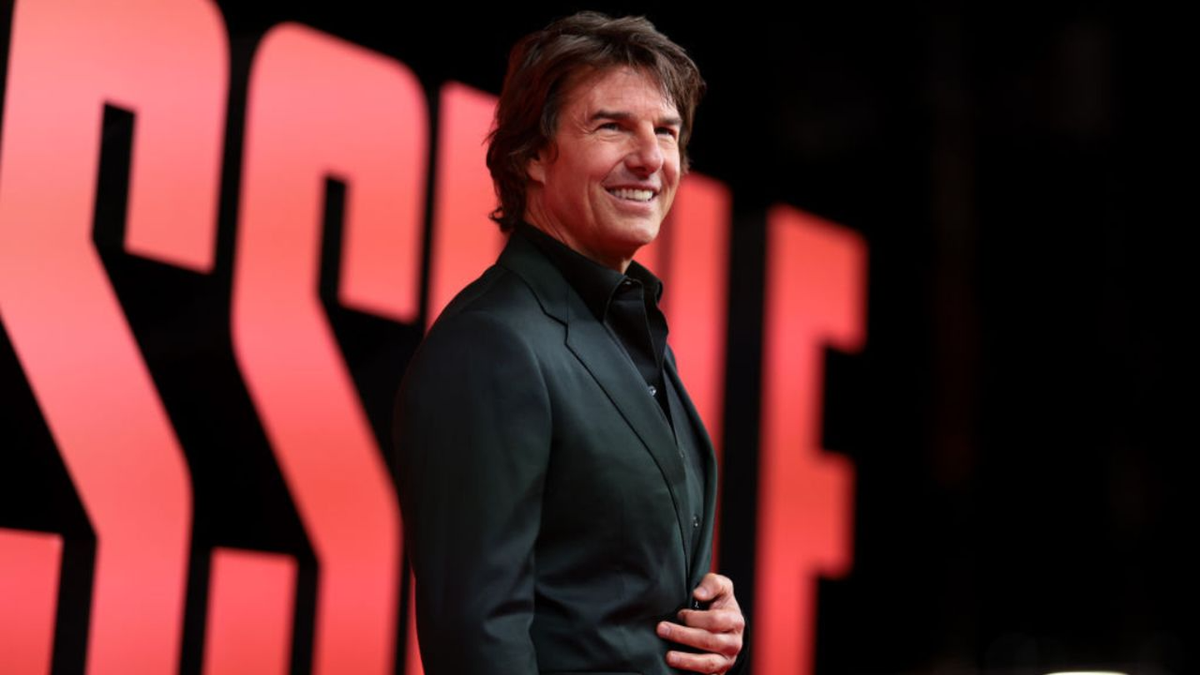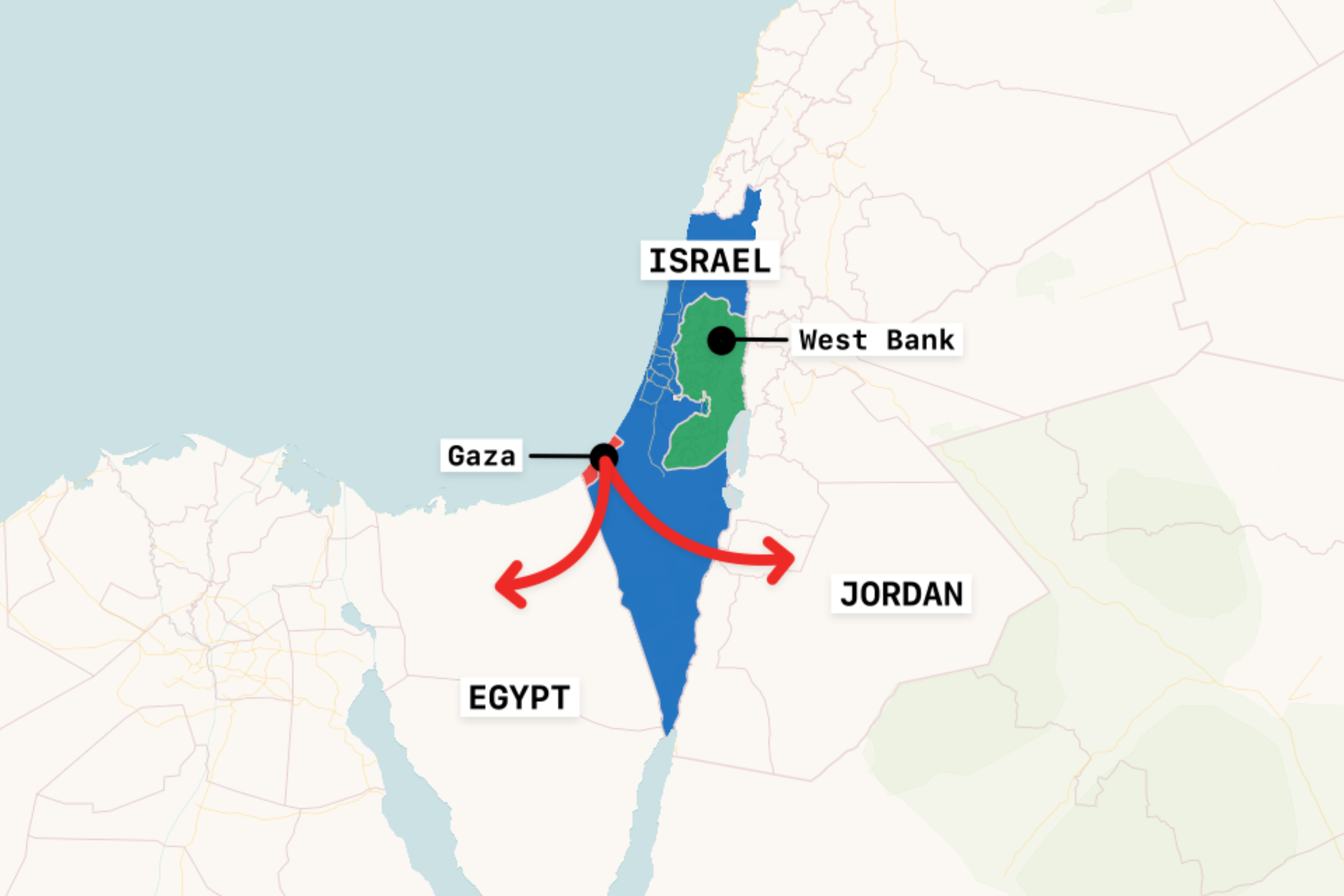Iran has reacted positively to the U.S. government's decision to cut foreign aid funding, which is seen as a blow to opposition groups in Iran.
The shift in U.S. Agency for International Development (USAID) policy, implemented by President Donald Trump, coincides with a growing sense in Tehran that the U.S. might be open to negotiations.
Newsweek has reached out to Iran's foreign ministry for comment via email.
Why It Matters
The decision to freeze spending on foreign aid marks a significant change. Some are concerned that halting it could mean America will lose its standing on the world stage if rival powers, such as China and Russia, fill the void. Others argue that stopping U.S. funding for groups that oppose various governments could strengthen Washington's standing if it is seen as not seeking to interfere in internal politics.

What To Know
For the Iranian government, the U.S. cuts signal a reduction in external support for opposition groups advocating for democratic reforms. However, it also raises important questions regarding the future of diplomatic relations between Washington and Tehran, particularly in light of Iran's nuclear ambitions.
Iranian Media Reaction
Iranian media said that the cuts would halt American support for anti-government activists.
The Hamshhari daily describes the opposition groups as "counter-revolutionaries" who had been "celebrating" Trump's election as heralding the "last days of life of the Islamic Republic."
The Hammihan newspaper compared it to a "cold shower" for opponents outside of Iran. Meanwhile, the IRNA state news agency notes that the freeze could "affect the sphere of relations" between Tehran and Washington.
Trump's "Maximum Pressure" Campaign
On Tuesday, Trump signed a presidential memorandum reimposing sanctions on Iran and emphasized his "maximum pressure" approach, which aims to isolate Iran economically and politically.
Trump said that his administration's strategy was working, but at the same time, he expressed openness to talks with Tehran, stating that he hoped negotiations would take place.
Trump has also been a strong ally of Iran's arch-foe, Israel. He drew condemnation from across the Middle East for a proposal to move Palestinians from the Gaza Strip after the devastating conflict there between Israel and Hamas.
Iran denied allegations of a plot to assassinate Trump after his election victory last November.

What People Are Saying
President Trump said: "We will see whether or not we can arrange or work out a deal with Iran."
Iranian Foreign Minister Abbas Araghchi: "The maximum pressure (policy) is a failed experience, and trying it again will lead to another failure."
Negar Mortazavi, Senior Fellow, Center for International Policy told Newsweek: "Trump wants to make a deal with Iran and Tehran has shown serious interest. But at the same time hawks argue that Iran is at its weakest and now is the time to hit it hard and are pushing for US military attacks on Iran."
What Happens Next
Iran continues to signal its willingness to negotiate, with officials hopeful that the U.S. will make a move towards diplomatic talks. However, with ongoing economic instability and Trump's ongoing "maximum pressure" campaign, the future of U.S.-Iran relations remains uncertain. As both sides continue to wait for signals from each other, the tension is likely to persist.




















 English (US) ·
English (US) ·